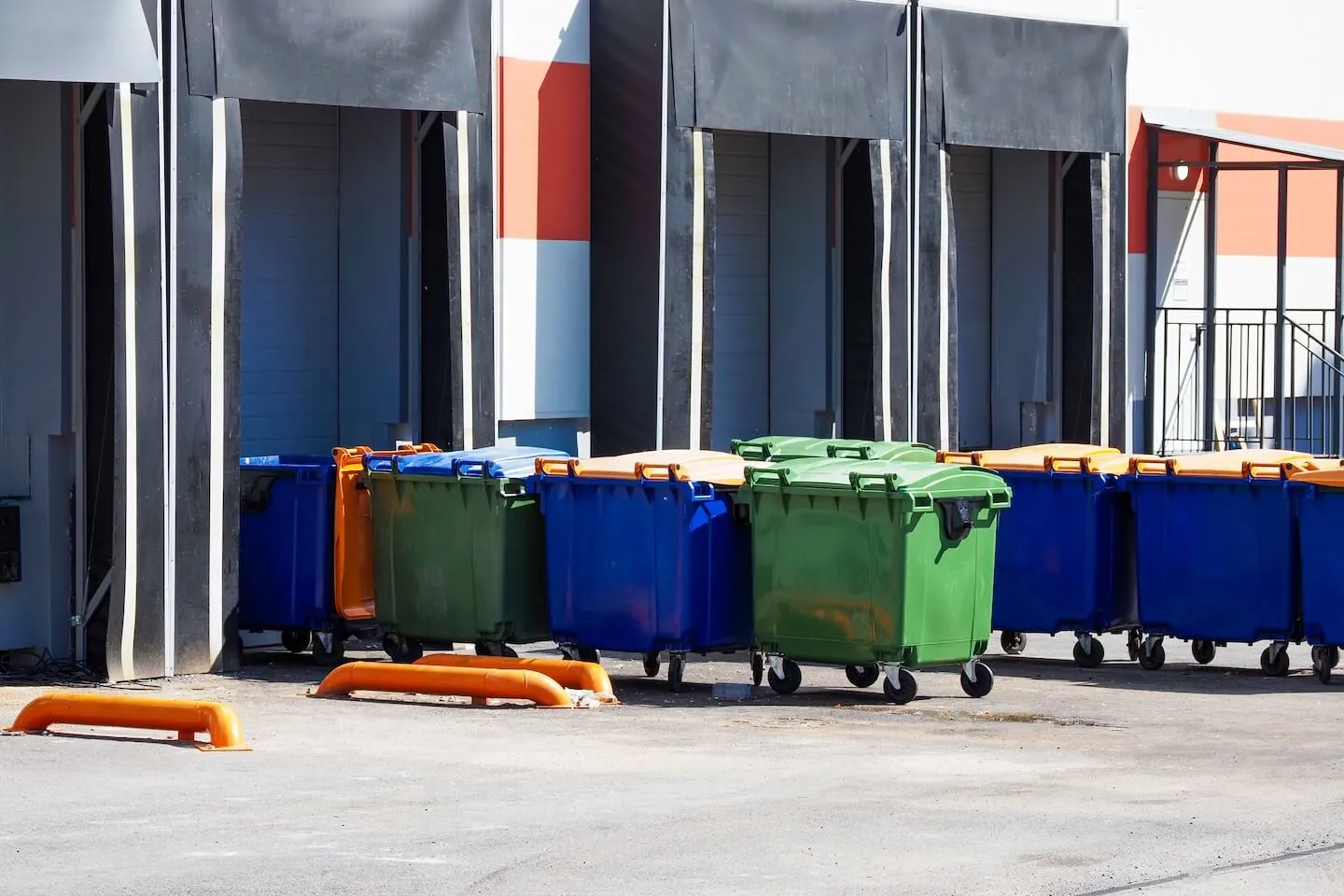At Sourgum Waste, we believe that responsible waste management is not just a service; it's a commitment to our planet's future. We are dedicated to fostering sustainability and helping businesses achieve their ESG (Environmental, Social, and Governance) goals while doing our best to run our business sustainably. We use technology and innovation to help protect the environment and set us apart from the other companies in the industry.
Sustainability at Sourgum Waste
Learn how our sustainability efforts can help you feel better about your environmental footprint and meet your business's ESG goals.

Leading the Waste Revolution

Waste Minimization
We're not just about waste collection and dumpsters; we're about reducing waste at its source. Our experts work closely with businesses to identify opportunities for waste minimization, recycling, and waste diversion. By implementing effective strategies, we help customers and client decrease their environmental footprint and save money.

Recycling Advocacy
Sourgum Waste is a fervent advocate of recycling. We actively suggest and support recycling programs for businesses of all sizes. We also make sure to divert as much waste we receive to recycling centers, when possible. Our comprehensive recycling solutions ensure that valuable materials are repurposed rather than ending up in landfills, contributing to a circular economy.
ESG and Sustainability Consulting for Smarter Waste Management
Sourgum is committed to helping institutions meet their environmental, social, and governance (ESG) goals through smarter, more sustainable waste management practices. Our team of experts will work with you to develop tailored solutions that reduce your environmental footprint, improve operational efficiency, and align with your sustainability objectives.
From waste reduction strategies to recycling programs and emissions minimization, we provide actionable insights and hands-on support to help you meet both regulatory requirements and corporate responsibility goals. Partner with us to drive positive environmental impact while optimizing your bottom line.

Data-Driven Insights
Monitoring progress is essential for success. We provide businesses with detailed insights into their waste generation and diversion efforts. This data-driven approach empowers companies to make informed decisions, optimize waste management processes, and enhance their ESG reporting. It can also help save you money, too!
Tree Planting
For every dumpster rented from us, we plant one tree in a deforested area with the help of our sustainability partner One Tree Planted. We've planted over 20,000 trees so far with the help of our customers and will continue to do so with every order.
CONTACT US
Join the Sourgum Revolution
We're building a community of environmentally conscious businesses. Our mission is to be a catalyst for change, fostering a more sustainable future through waste reduction, recycling, and ESG alignment. Partner with us today and take the first step towards a cleaner, greener tomorrow.
Receive product updates, news, and helpful articles.